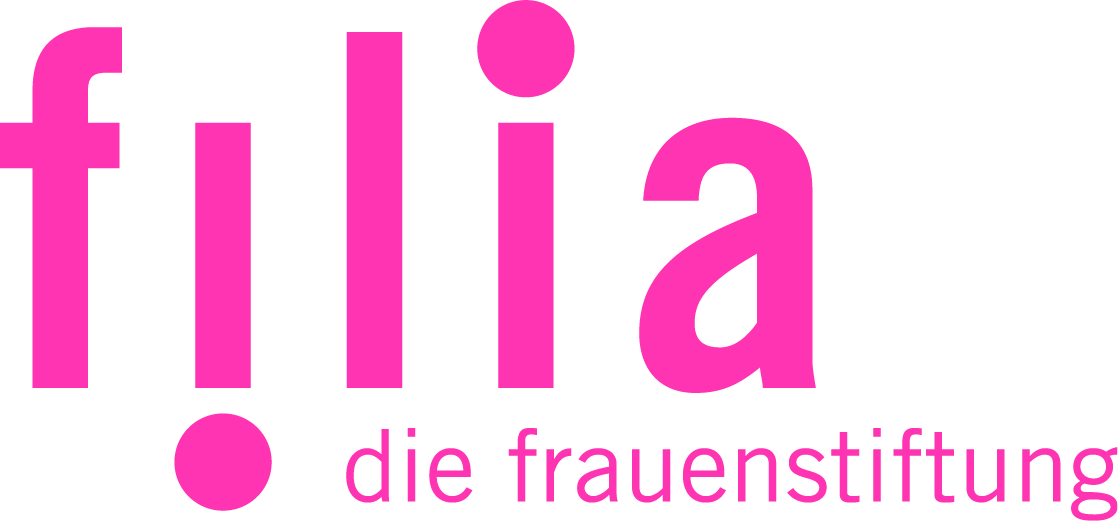War in the Ukraine: “Our work gives us the strength to carry on.”
War has been raging in Ukraine for two years. The lives of Ukrainians have changed fundamentally since then. Nothing is certain, everything can be different every day. And at the same time, the war has become routine. Natalia Karbowska, co-director of the Ukrainian Women’s Fund (UWF), talked to us via Zoom in January 2024 about her work in a country for which she hopes to see peace, democracy and a strong feminist movement.
Women’s organizations must be strengthened
War has become part of everyday life in Ukraine. Hundreds of thousands of people have fled. Many have left the country. Many have moved from the east to the west of Ukraine. International aid organizations are now well established in Ukraine. They are primarily supporting people in the regions heavily affected by the war. They often enter into partnerships with local women’s organizations to distribute relief supplies and medical care. “On the one hand, this is good because it strengthens the local women’s organizations. On the other hand, however, it also has negative aspects. The women’s organizations are so busy with emergency aid that they no longer have the capacity to do political work,” says Natalia Karbowska.
The UWF is currently primarily supporting women’s organizations in becoming more politically active, building up knowledge and passing it on. “We are strengthening the advocacy work and the capacity building of our grantees. Because we need the feminist movement to reconstruct our country,” says Karbowska. “We also pay attention to the resilience of our grantees. Organizations must use 10 percent of the funding for self-care. Whether they invested it in staff, retreats or in anything else that is beneficial for them. Structurally and on an individual level. We no longer accept applications or reports that do not make use of this 10 percent.” The daily struggle for a just society is draining the groups. The UFW has therefore set up an “Academy of Women’s Health”. Activists are often too tired to look after their own health. The Academy offers regular medical check-ups, for example.
Feminist voice in the reconstruction of Ukraine
What happens next? International talks on the future of Ukraine after the war are already underway. EU politicians, decision-makers and non-governmental organizations are meeting at “Ukraine Recovery Conferences” to discuss the reconstruction of Ukraine after the end of the war. Natalia Karbowska has long been calling for women’s rights organizations to be given a more influential vioce at these conferences: “We are invited to the conferences, but we usually don’t speak to the high-ranking EU representatives.” At a digital recovery conference organized by the Ukrainian government last year, the civil society representatives could not even switch on their own microphones. The voices of women’s rights organizations went unheard. Natalia Karbowska calls for this to change immeadiately. This would, however, require international support.

Facebook Post of the Ukrainian Women’s Fund
Women need to remain in decision-making positions
It is also important to include women in the reconstruction plans at a national level. “Currently, many women have taken on many decision-making positions. Because the men are at war, the women are taking over their jobs, both privately and professionally. We want these women to remain in decision-making positions, even when the men return.” What also needs to be taken into account is the traumatization of returning soldiers. They have gone to war without any psychological preparation and often return home heavily burdened. “They are traumatized and begin to beat their families. Little is said about this, society prefers to celebrate them as heroes”.
Ukraine can only be rebuilt sustainably and fairly if the feminist movement is included in the recovery talks. “We have to be at the table!” demands Natalia Karbowska. Until then, the UWF is trying to keep the feminist movement in the country together as much as possible. “We try to meet as often as possible. Offline, as real encounters. Our work gives us the strength to carry on.”
A brief review
When Russia invaded Ukraine in February 2022, nothing was safe from one day to the next. It was not clear how long the infrastructure, especially in the east of the country, would be maintained. Or how long the banking system, for example, would continue to function. The Ukrainian Women’s Fund was one of the first organizations to provide support on the ground. International aid organizations had not been stationed in Ukraine until then. In order to prevent money from being frozen in accounts in the event of the collapse of the banking system, the UWF spent all its reserves on immediate emergency aid immediately after the war. In addition, women’s funds from around the world provided rapid support, including filia. In the meantime, the reserves have been replenished.
The cover photo was taken at the network meeting of European and Latin American women’s funds in May 2023, at which the Ukrainian Women’s Fund was also present.





